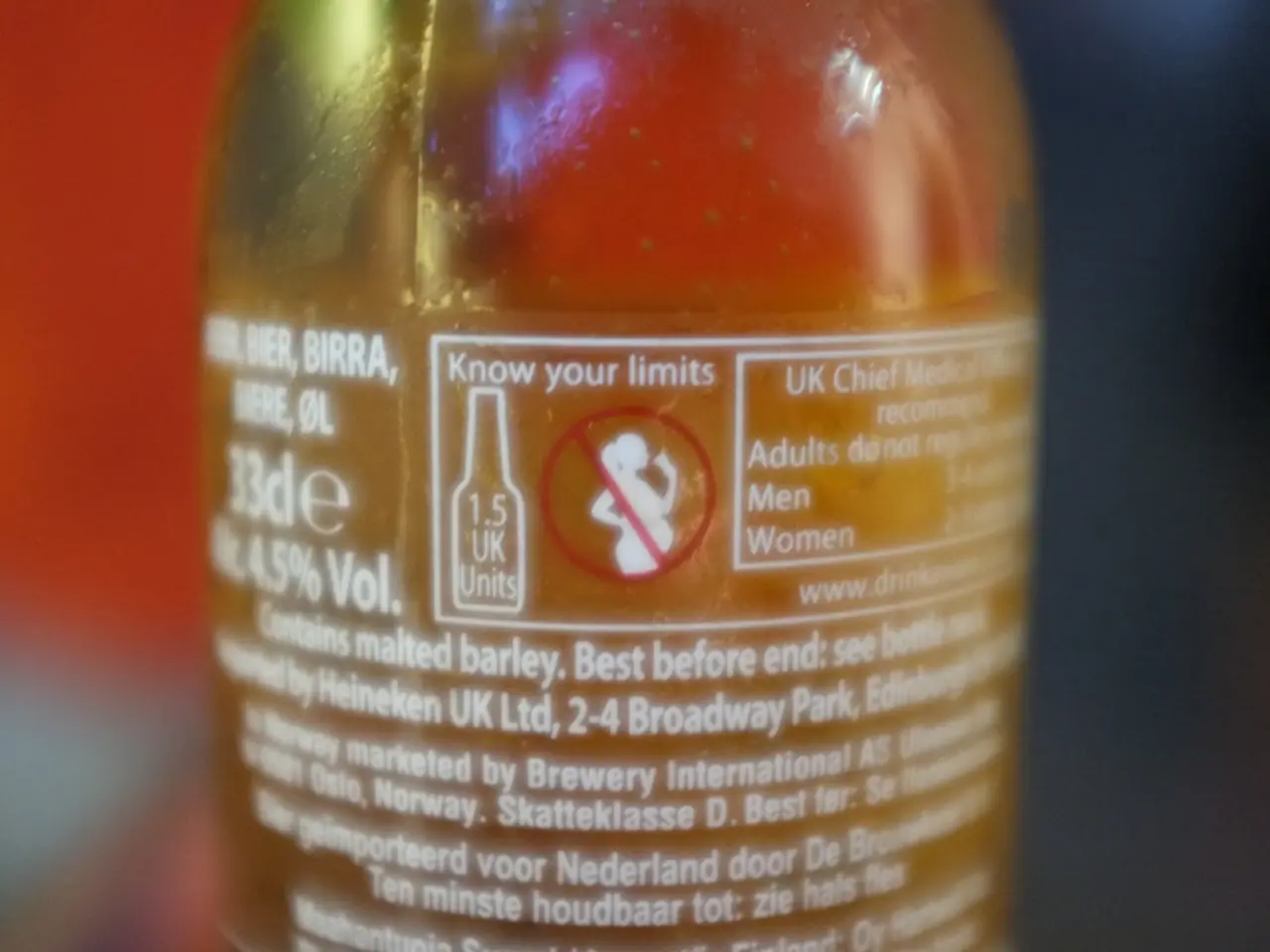"Théo Grataloup's Family Demands Glyphosate Ban: Citing Malformations, They Believe This Herbicide is Responsible for Their Son's Birth Defects"
In a ruling delivered on July 31, 2025, the Tribunal judiciaire de Vienne, France, has cleared Bayer-Monsanto of responsibility for the severe birth defects suffered by Theo Grataloup. The court's decision comes after the family filed a lawsuit against the company, alleging that Theo's malformations were caused by in-utero exposure to glyphosate, the active ingredient in the herbicide used by Theo's mother during pregnancy.
The family's lawsuit claimed that Theo, born with malformations of the larynx, esophagus, and respiratory system, suffered these conditions due to his mother's use of Glyper (a glyphosate-based product similar to Roundup) in 2006, before she knew she was pregnant. Despite expert opinions suggesting possible links, the court found insufficient causal evidence to hold Bayer legally responsible.
The Grataloups, expressing great disappointment, have indicated plans to appeal the ruling. They also emphasised the symbolic impact of their legal battle in raising awareness about glyphosate risks. Despite the setback, they remain confident in the justice system and view the lawsuit as a significant step in their fight for justice.
The Pesticide Victims Compensation Fund has established a possible link between Theo's malformations and glyphosate. Theo, who has undergone a total of 55 surgeries since his birth, lives with a tracheostomy and breathes through a hole in his trachea. Bayer, however, maintains that under normal conditions of use, glyphosate does not present a risk to human health.
Theo, now a young man, expresses concern about his future and its potential impact on his health and career. His mother, Sabine, describes the first eight years of Theo's life as a "nightmare." Sabine used a glyphosate-based herbicide on a plot where she raises horses while pregnant without knowing it. It is uncertain whether the glyphosate was inhaled despite following the manufacturer's recommendations.
The outcome of this lawsuit could potentially raise awareness about the dangers of glyphosate. Bayer has declined to comment on the lawsuit. The Grataloups, however, remain resolute in their pursuit of justice, viewing this legal battle as a crucial step in the ongoing debate about the safety of glyphosate-based herbicides.
[1] Tribunal judiciaire de Vienne (Isère) verdict, July 31, 2025. [2] Grataloup family statement, July 31, 2025. [3] Interview with Theo Grataloup, July 31, 2025. [4] Pesticide Victims Compensation Fund report, undated.
- The Grataloups' legal battle, centered around their belief that their son's chronic health issues stem from his mother's exposure to glyphosate during pregnancy, has invoked significant discussion about environmental science and health-and-wellness implications, particularly for pregnant women.
- Although the French court ruled in favor of Bayer-Monsanto, citing insufficient causal evidence, the family's persistence in raising awareness about the potential risks of glyphosate, a key ingredient in fitness-and-exercise aids such as Roundup and Glyper, has not waned.
- The Pesticide Victims Compensation Fund has established a link between Theo's chronic diseases and long-term exposure to glyphosate, a finding that contradicts Bayer's claims of minimal risk under normal conditions of use.
- In this contentious environmental-science debate, mental-health concerns loom large for Theo, who battles the physical and emotional challenges of his health conditions and uncertain future, while his mother, Sabine, struggles to cope with the trauma of the past eight years.




